Today, a significant controversy erupted at Bunge Towers, as Speaker of the National Assembly, Moses Wetangula, allegedly expelled journalists covering live events.
The incident has sparked widespread debate and further highlighted the ongoing tensions between the National Assembly and the media.
According to reports, the altercation occurred amidst rising friction between the National Assembly and the media.
Speaker Wetangula, who also serves as the Chair of the Parliamentary Service Commission (PSC), is reportedly taking steps to remove journalists from the precincts of Parliament, particularly from the Media Centre.
Wetangula has cited concerns over journalists being a source of “insecurity to MPs,” following the recent Occupy Parliament hashtag campaign.
The Occupy Parliament movement has been a significant driver of the current tensions.
This movement, which gained considerable traction, involved citizens and activists demanding greater accountability and transparency from lawmakers.
The campaign’s visibility and its direct challenge to parliamentary practices have evidently unsettled some MPs, leading to increased scrutiny and pressure on journalists who cover parliamentary activities.
The alleged actions of Speaker Wetangula have intensified the debate on media freedom and the essential role of journalists in holding public officials accountable.
Critics argue that any attempts to limit media access to Parliament undermine democratic principles and transparency.
They contend that a free and independent press is crucial for the functioning of a healthy democracy, enabling citizens to stay informed about government actions and hold their leaders to account.
Interestingly, the Senate has taken a contrasting stance to the National Assembly on this issue.
The Senate has advocated for greater transparency and cooperation with the media, highlighting a divergence within Parliament on how to engage with the press.
This split underscores the ongoing struggle over media freedom in Kenya and the differing views on the role of journalists in political processes.
Media organizations and civil society groups are calling for an immediate investigation into the alleged actions of Speaker Wetangula.
They urge the National Assembly to uphold the principles of a free press and transparency, emphasizing that such principles are cornerstones of democratic governance.
These organizations argue that any move to curtail media freedoms sets a dangerous precedent and could erode public trust in democratic institutions.
The outcome of this controversy is being closely watched, given its significant implications for media freedom and democratic governance in Kenya.
If the allegations against Speaker Wetangula are substantiated, it could prompt a broader discussion on the protection of journalistic rights and the necessity of transparency in government operations.
Conversely, if the National Assembly successfully limits media access, it may lead to increased criticism from both domestic and international observers concerned about the state of democracy in Kenya.
The incident at Bunge Towers reflects the broader challenges facing media freedom in Kenya.
As the country grapples with issues of transparency and accountability, the role of journalists remains crucial.
Ensuring that the media can operate freely and without undue interference is vital for maintaining public trust and the integrity of democratic institutions.
The developments in this controversy will likely shape the discourse on media rights and governmental transparency in the months to come.


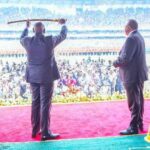

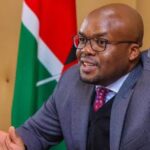
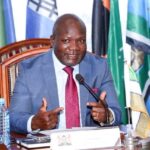
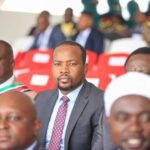
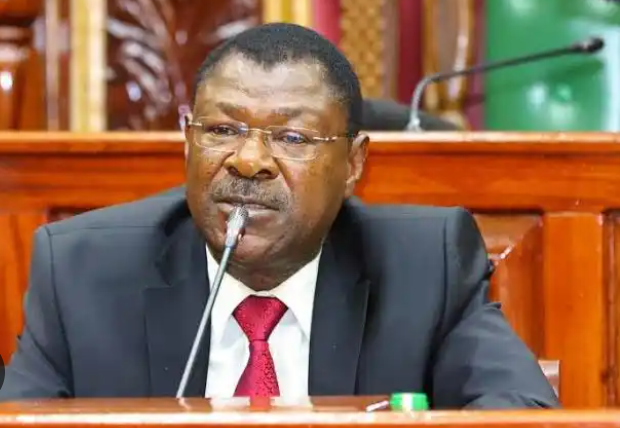
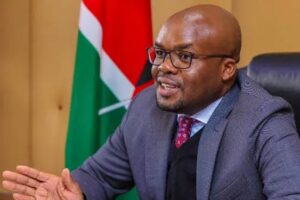
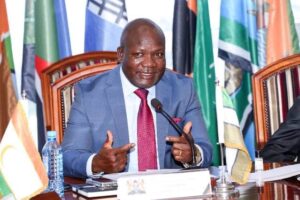
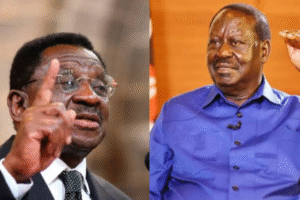
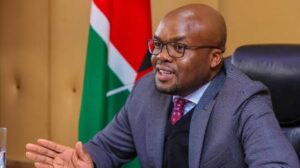
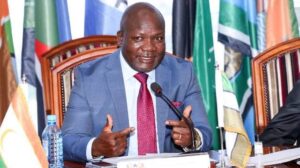
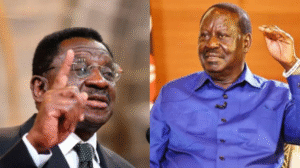
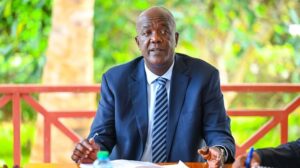
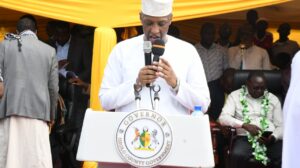
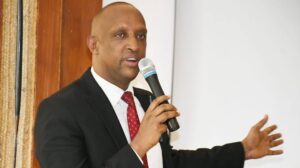
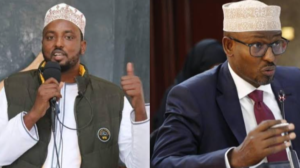
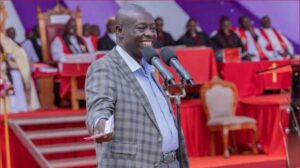
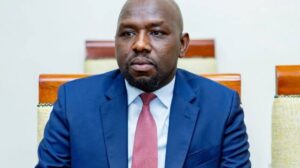

Add Comment